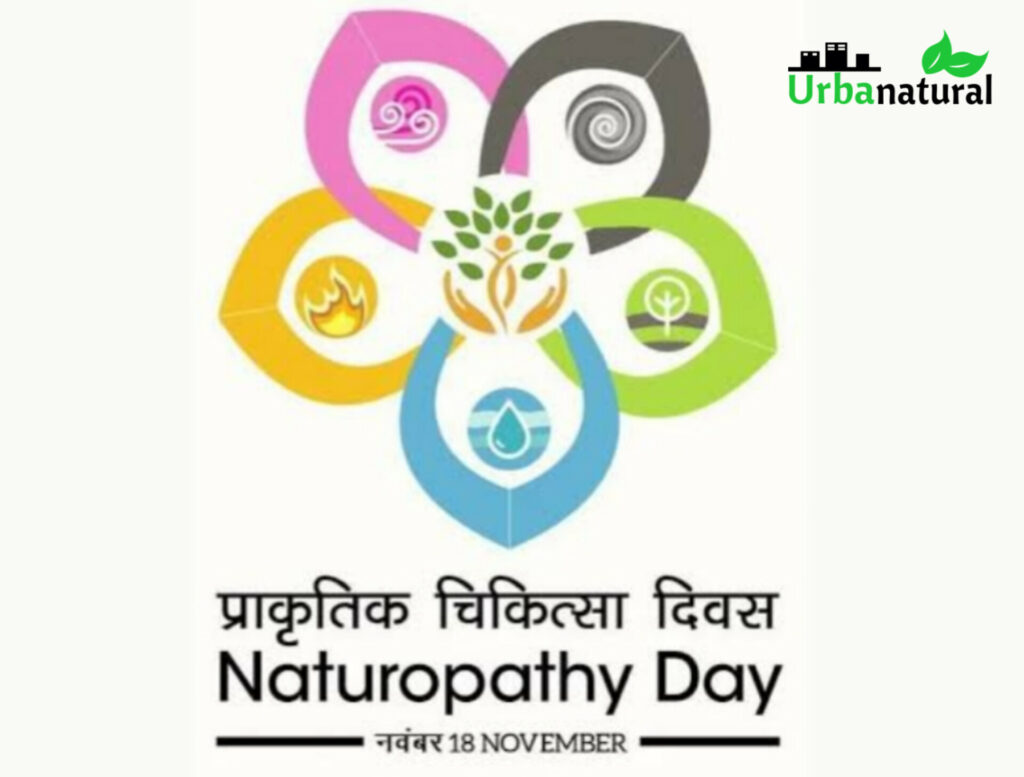By: Kavita Devgan is a New Delhi-based nutritionist
You need not ‘go off’ any type of food. The trick is to know your body and eat sensibly.
Most non-vegetarian foods like meat, fish and eggs are good sources of protein, which our body needs for growth. A diet high on proteins (more than 30 per cent of total calorie intake a day), however, can cause a kidney overdrive, because the kidney has to work hard to flush out the extra protein. The body can store only small amounts of protein, so all excess is used for energy and the rest is converted into fat (exactly what most people are trying to avoid); an unwanted byproduct here could be uric acid, too.
Protein control
Most protein-rich foods (like fish, eggs, milk, soya) are high in nucleic acids which, when broken down, turn into uric acid. Too much uric acid in the blood can lead to gout (an extremely uncomfortable condition in which the joints become inflamed, tender and agonisingly painful to move). Excessive uric acid may also lead to the formation of gallstones and kidney stones. So keep protein consumption within required limits.
What to do: If 2,000 calories is your daily intake, then only 500 calories should be from protein sources. Another way to calculate this is to eat 0.36 gm of protein for every pound of body weight (for a healthy adult). So if you weigh about 70 kg (154 lb), you need about 55.5 gm of protein each day, equivalent to 200 gm of chicken or fish or 150 gm of mutton (40 gm protein), one egg (5 gm protein), or 250 ml milk (9 gm protein). Anything more will be excess for the day.
Fat concerns
We should not consume more than 30 per cent of calories per day from fat (ideally 20 per cent), only 7 per cent of which should be from saturated fat (in a 2,000 calorie diet, 45-65 gm of fat, a maximum of 15 gm of which should be saturated). But the problem with non-vegetarian diets is that most of these foods tend to be high in fat, and that too in saturated fats and cholesterol, the very thing we need to be most careful about. Sample this: just 500 gm of chicken (four big chicken pieces) will give you a whopping fat dosage of 15 gm-plus, of which 4 gm is saturated fast and 350 mg is cholesterol.
What to do: When calculating fat, include visible fat and invisible fat (contained within the foods). Consume no more than six teaspoons of oil a day (total 30 gm cooking oil, salad dressings, butter and mayonnaise), keep consumption of trans fats (anything that says hydrogenated or partially hydrogenated on the label) as low as possible, exercise portion control, and be very vigilant about everyday fat consumption (make smart swaps and go for low-fat dressings, use light margarine, remove the skin from chicken, go for leaner cuts like breast of chicken, keep red meat consumption low, switch to fish instead as it has good fats, poach chicken and eggs instead of frying, and so on).
Up the fibre and nutrients
What to do: Make sure you have three servings each of fibre-rich fruits (like guava, mango, apple and papaya) and vegetables (like turnips, beans, potatoes, brinjal) every day without fail.
Go easy on red meat
Meat products, especially red meat (mutton, beef, pork) are hard on the digestive system, as much more energy is needed to digest and assimilate them, compared to vegetables. Red meat takes up to 16 hours to digest, which can create a breeding ground for viruses and bacteria.
Disclaimer: All information, data and material has been sourced from multiple authors and is for general information and educational purposes only and are not intended to replace the advice of your treating doctor.
The views and nutritional advice expressed are not intended to be a substitute for conventional medical service. If you have a severe medical condition or health concern, see your physician.





